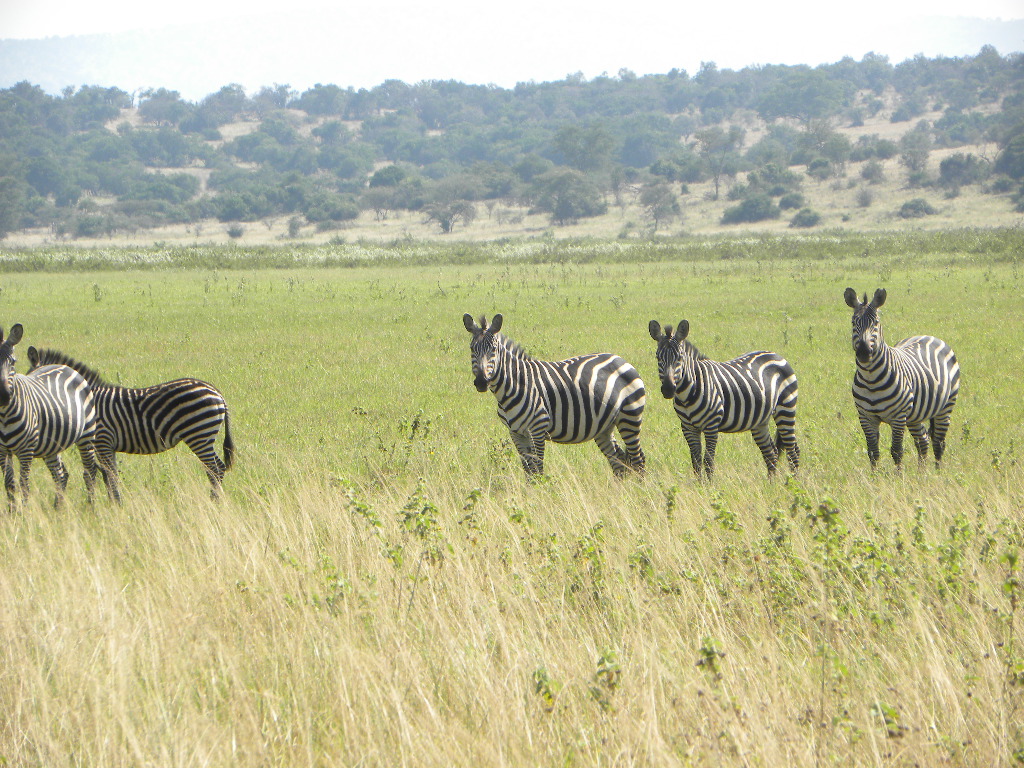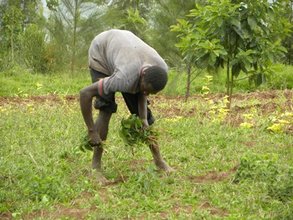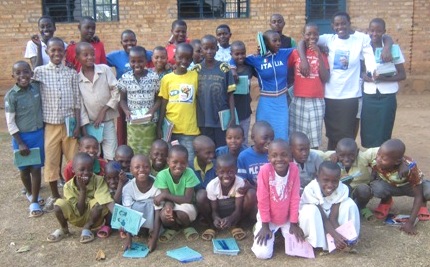Country Profile
|
Rwanda's problems are those associated with all developing countries but in addition to the problems faced by poverty, lack of healthcare, sanitation and access to education, Rwanda is struggling to cope with the long term effects of the 1994 Genocide.
Due to vast numbers of people re-entering the community in recent years as returnees from refugee camps or those released back into the community as part of the reconciliation process, Rwanda is immensely over-populated and resources are in shortage. Important progress is being made by the government of Rwanda through its Economic Development and Poverty Reduction strategy. This strategy works to increase sustainable economic growth, reduce poverty and stabilise population growth. But the country still faces serious challenges. |
LOCATIONCapital = Kigali
Area = 26,338 km2 or 10,160 sq mi Population = 12,012,589 Offical Languages = Kinyarwanda, French & English Currency = Rwandan franc (RWF) Time zone = Central African Time (UTC+2) |
AGRICULTURAL & ECONOMIC ISSUES
|
Rwanda's economy is primarily agricultural, but the agricultural standard is becoming increasingly poor because of:
|
ISSUES THAT AFFECT CHILDREN
Many families lack basic necessities such as food and water, access to education and healthcare. Due to the effects of the Genocide there are many child headed households meaning children have no parental care and have to fend for themselves.
Through regular contact with all of our children, supervision and sponsorship, Aid for Education will focus on assisting vulnerable children in the following ways:
|




